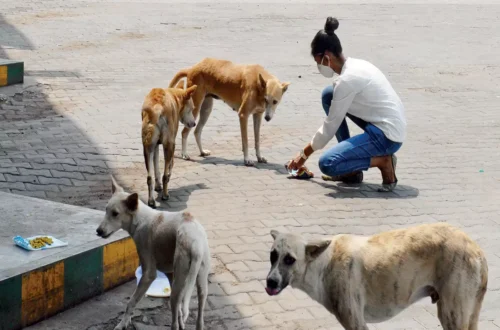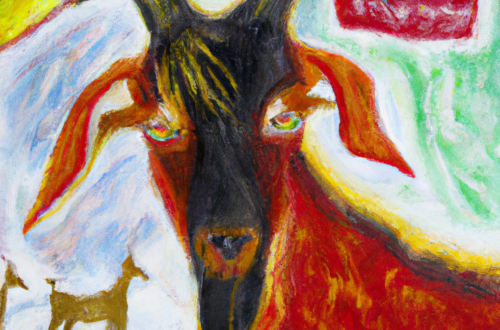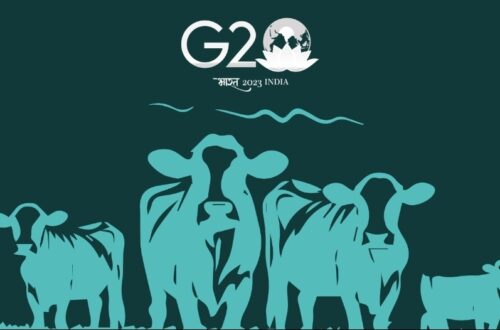
Choked by Choice: How Diwali Fireworks and Stubble Fires Unmask the Silent Struggle of Delhi’s Streets
As the festive lights of Diwali sparkle in the bustling metropolises of Noida and Gurugram, the shadow of stubble burning looms large, adding to the already grave narrative of air pollution. This annual phenomenon, coupled with the revelry of fireworks, thickens the air with pollutants at what is arguably the toughest time of the year for many of the city’s dwellers, both human and animal.
The rise in air pollution is not just a discomfort but a question of environmental justice.
For the animals that roam the streets with no shelter to retreat to, the dense smog is a maze with no exit. It’s during these times that the panting stray dogs and the crows that seem to cough reflect not just an animal crisis but a societal oversight. The street animals, with their limited means, endure the brunt of our celebrations and agricultural practices, a stark reminder of the inequities that pervade our society.
This crisis also casts a shadow over the people who find their homes under the foot over bridges, some of whom are transient visitors seeking respite at institutions like AIIMS, while others are permanent residents of these urban interstices. For them, and for those residing near the landfills where the air is a constant hazard, the spikes in pollution levels bring additional layers of injustice, magnifying the disparities that are often overlooked in the larger conversation about air quality.
Environmental justice seeks to address these imbalances, advocating for a fair distribution of environmental benefits and burdens. It compels us to consider the street-dweller coping with the acrid air while battling illness, and the stray animal whose discomfort goes unnoticed amid the chaos of the city. When we talk about the impact of stubble burning and fireworks, we must also talk about those without the privilege of air purifiers or the choice to escape to cleaner environs.
The narrative of air quality in these urban landscapes is incomplete without acknowledging the silent suffering of these vulnerable groups. In our efforts to combat air pollution, we must strive for solutions that uplift the marginalized and protect the defenseless. This means creating policies that address the root causes of pollution, such as promoting sustainable agricultural practices to reduce stubble burning and encouraging eco-friendly celebrations during festivals.
In doing so, we not only work towards cleaner air but also towards a more equitable society. This environmental justice framework, which includes the welfare of animals and the underprivileged in our urban ecosystems, ensures that our actions contribute to a healthier, more just world for all. The challenge before us is to ignite the lamps of awareness and compassion this Diwali, shining a light on the interconnectedness of our actions and the health of our environment, creating a festive season that is inclusive and considerate of every being that shares the air of these cities.




